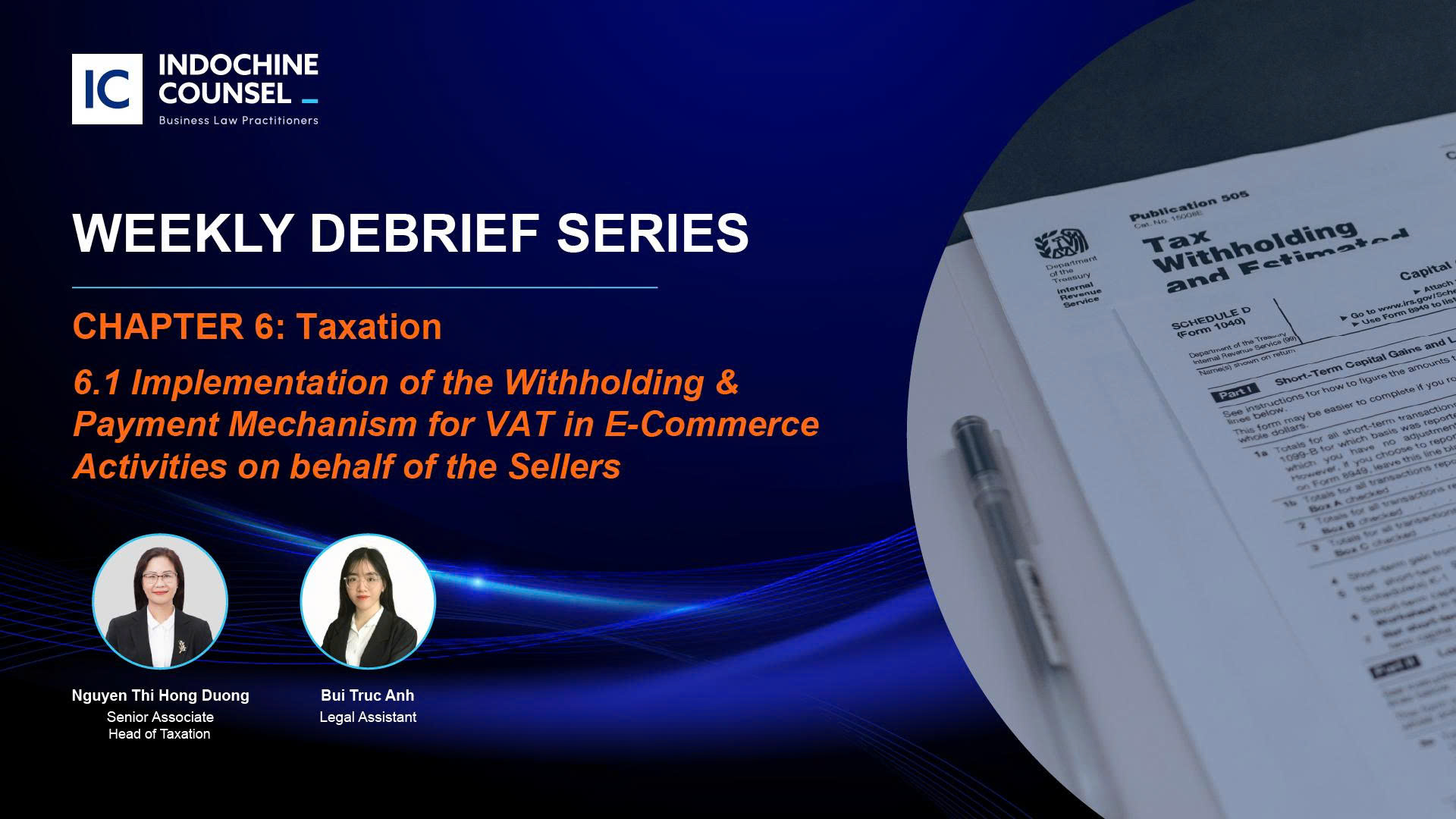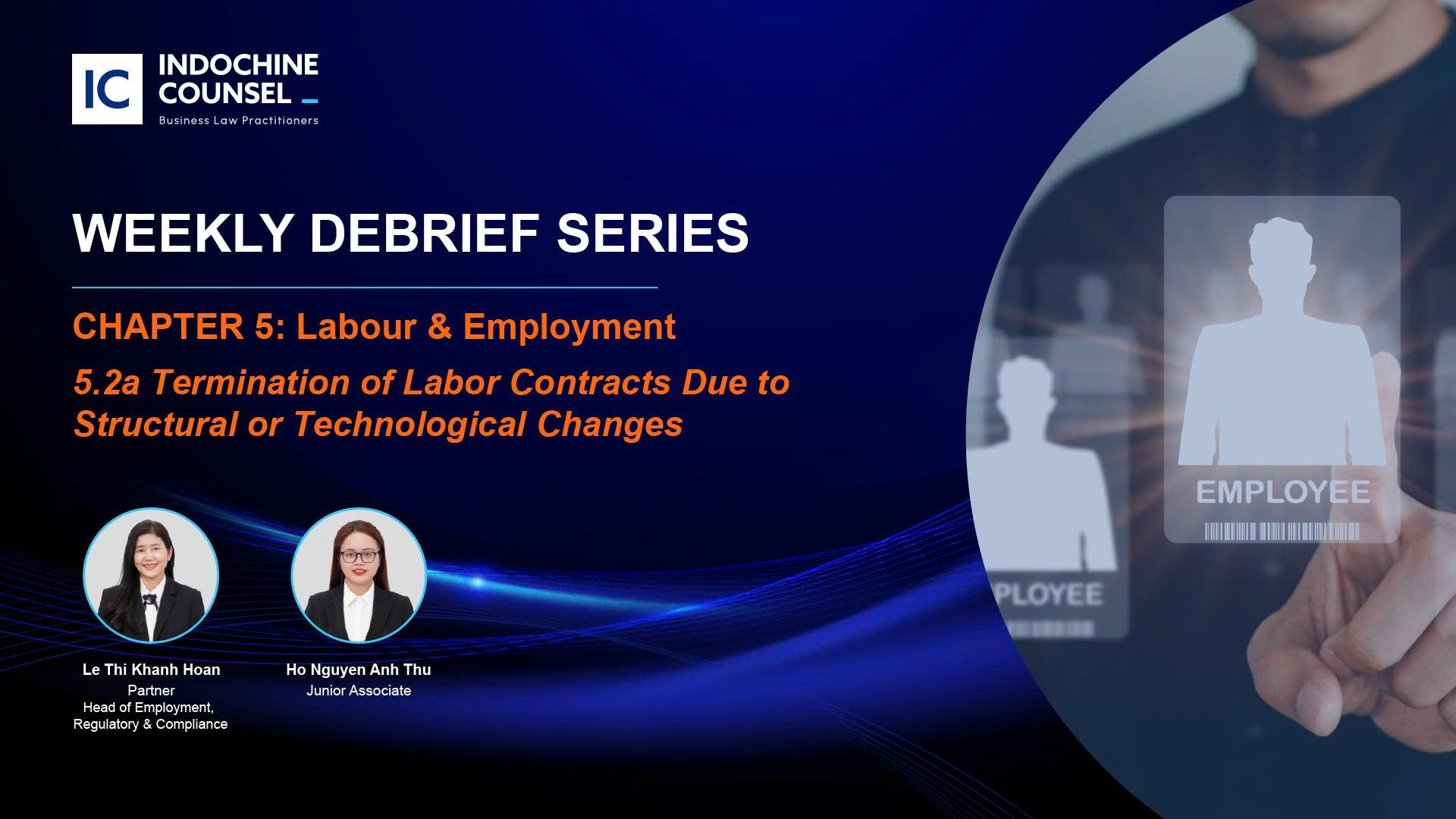
Ho Chi Minh City, 22 April 2025
In the last part of our Arbitration Insights series, we note that an arbitration agreement is one of the most important provisions in a commercial contract. However, it is often overlooked or drafted without due consideration. A well-drafted arbitration agreement can prevent procedural disputes and ensure that arbitration proceeds efficiently.
This part will outline the key elements that should be included in an arbitration clause, such as the selection between institutional and ad hoc arbitration, the seat of arbitration, the governing law, and cost considerations. Properly structuring an arbitration agreement can significantly impact the effectiveness and enforceability of the arbitration process.
Essential Elements of an Arbitration Agreement
Ad hoc or Institutional Arbitration?
The parties should clearly specify the form of arbitration to determine the applicable procedural rules:
- Institutional Arbitration: Disputes are resolved at an arbitration institution under its procedural rules of arbitration. Therefore, the selection of an arbitration institution often refers to its rules of arbitration. As a matter of fact, institutional arbitration is the most common choice among parties in Vietnam.
- Ad hoc Arbitration: Disputes are resolved following procedures agreed upon by the parties rather than those of an arbitration institution. In such cases, the arbitration agreement must provide clear and detailed procedural rules to govern the process.
Seat of Arbitration (Place of Arbitration)
The seat of arbitration determines the legal framework governing the arbitration proceedings, including court assistance for arbitration proceedings. The seat of arbitration may be distinct from the venue of arbitration hearings, i.e., the physical location where hearings take place.
Other Considerations for Drafting an Arbitration Agreement:
Language of Arbitration:
Vietnamese (for disputes without a foreign factor) or another language subject to the parties’ agreement (for disputes involving a foreign factor). In the absence of parties’ agreement, the arbitral tribunal will determine the language of arbitration. All evidence and submissions must be presented in the set arbitration language. Therefore, parties should carefully consider their choice of language to minimize costs related to translation and interpretation.
Number of Arbitrators:
The number of arbitrators (either one or three) depends on the parties’ agreement. Depending on the rules of the arbitration institution, if the parties do not specify the number of arbitrators, the arbitral tribunal will consist of three arbitrators. Generally, if the dispute is not so complicated, an arbitration conducted by a sole arbitrator is faster than one conducted by a three-member tribunal. Therefore, when selecting the number of arbitrators, parties should consider the complexity of the dispute and the urgency of resolution.
Arbitration Fees and Legal Costs:
- Arbitration Fees: As a general principle, the losing party bears the arbitration fees. However, parties may agree in advance on the allocation of such fees. The arbitral tribunal also has discretion in determining cost allocation.
- Legal Costs (including attorney fees): Under Vietnamese law, the parties may agree on legal costs arising from arbitration. However, in practice, the arbitral tribunal will decide whether a party’s legal costs are recoverable based on the outcome of the dispute.
- Cost Allocation Agreement: Parties may agree on the cost allocation for arbitration fees and associated legal costs. Therefore, to ensure clarity, parties may consider agreeing on the allocation of arbitration fees and other legal costs in advance.
Conclusion
Drafting a clear and detailed arbitration agreement will help reduce the risk of disputes over jurisdiction of arbitration and provide a solid foundation for dispute resolution. In addition to choosing the form of arbitration, location, language and number of arbitrators, parties should also consider factors such as arbitration fees and legal costs.
In the next part of the Arbitration Insights series, we will brief the role of the court in arbitration proceedings and specific situations where the court may assist.
—
Disclaimer: This series is for informational purposes only and does not constitute legal advice. While we strive to provide accurate and up-to-date insights, the content herein should not be relied upon as a substitute for professional legal consultation. If you require legal advice regarding arbitration or any other matter, please consult a qualified legal professional.










